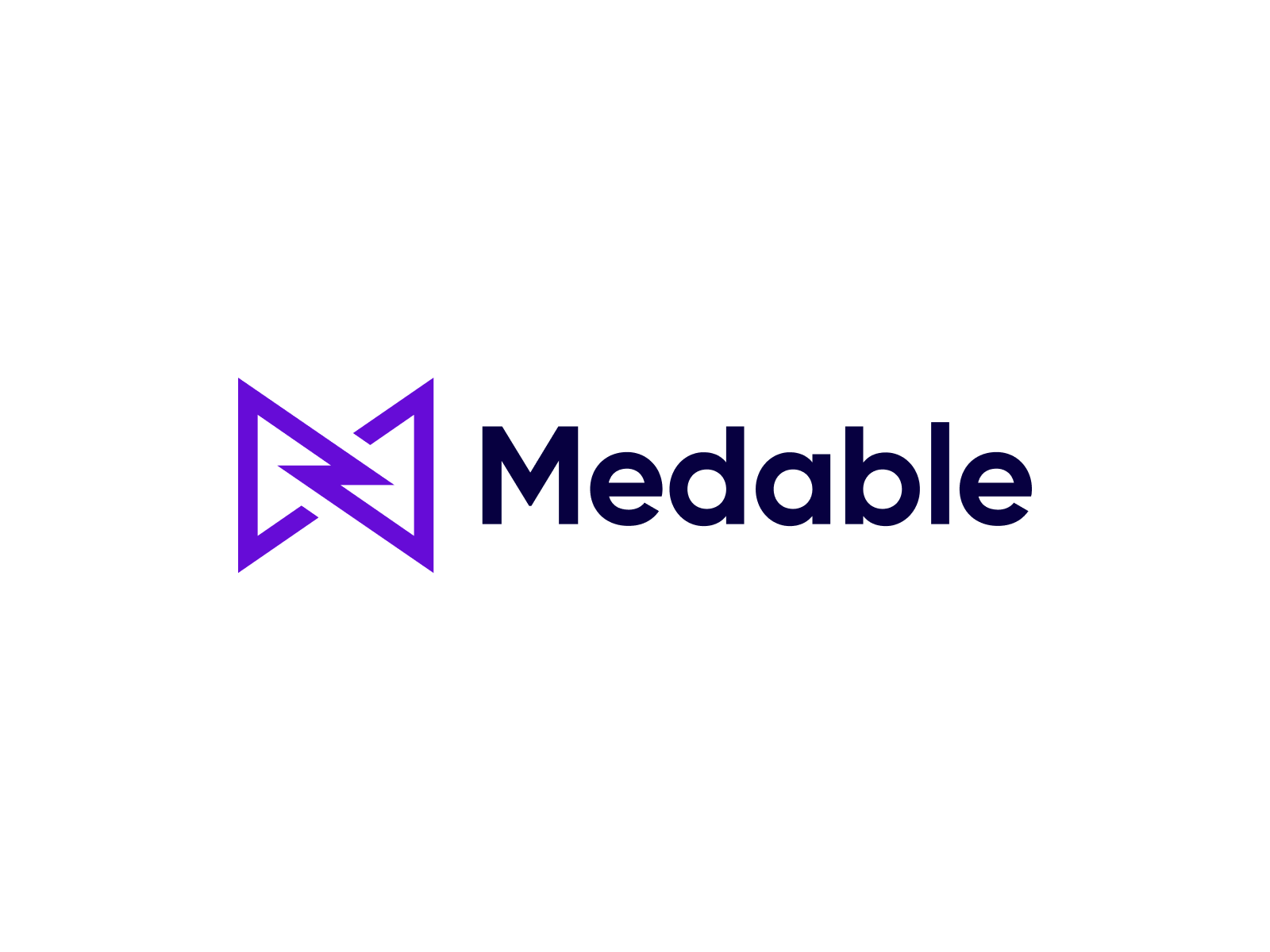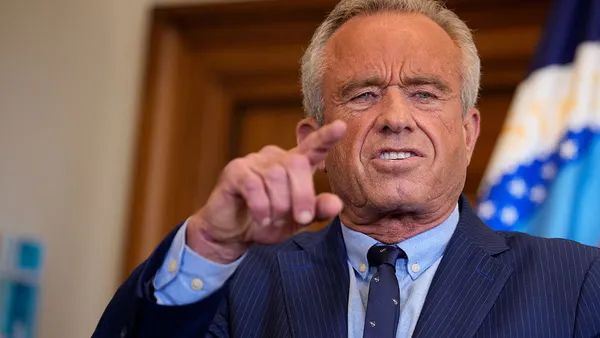Global Dreams Can Come True Fred Robbins General Manager Networks, independents, or alliances — the focus should not be on what an agency is defined as, but rather the abilities of the people involved to work well together to create something that is meaningful and sustainable. This is a true story with relevance; stick with me. While my wife and I were vacationing in Greece, we were walking around Constitution Square in Athens, just across from the Parthenon. As we prepared to cross the street, a large truck passed us. Emblazoned along the side of the vehicle was a large red logo written in Greek. Typical Americans, we don’t speak a word of another language, although we dream of being able to travel to exotic places and communicate with the locals. As the truck raced by, our shared dream to be able to read and converse in another language was suddenly realized — at least for one incredible moment. We looked at each other and simultaneously uttered four syllables, Coca-Cola! It’s a miracle: we’re fluent in Greek. Pass me the Windex. Time for a shot of ouzo (oupa!). Dreams really do come true. The Power of a Global Brand That’s the power of the quintessential global consumer brand Coca-Cola. It doesn’t matter what language it’s written in, it’s immediately recognizable. Beyond the recognition of the logo is something even more important: the consistent image and expectation of what the brand delivers and the implied guarantee that when it is purchased it will deliver on the promise. Unlike other soda products, Coca-Cola is a true global brand; it extends beyond function; it holds a specific and definable place in the minds of customers from Asbury Park to Malaga, from Athens to Beijing. Okay, we don’t all work on brands the size of Coca-Cola, but does that mean that we can’t dream of building global brands that have similar recognition, expectation, and implied guarantee? Of course we can: we have built such global healthcare brands. What if I were to ask, “Name a global, ethical pharmaceutical brand?” For me a few brands are immediately recognizable: Voltaren, Capoten, Nexium, Rocephin, and Viagra. Building Global Brands: More Important Than Ever But what about the future of building global brands? From my viewpoint the need is more important than ever, thanks to a more unified global economy, more noise in the global marketplace, and increased competition. Knowing why a global brand identity is important, I’m particularly interested in providing a perspective on how to do it. Specifically, the role of the partnership between an advertising agency and client that results in a truly global brand. As the saying goes, “Centralize strategy and execute locally.” That’s a great idea in theory, but how is it accomplished? And more importantly, how is it accomplished in the rapidly expanding global environment? I consider the role of the advertising agency to be an essential partner in the global branding endeavor. Primarily the agency should be intimately involved in the development of key strategies, bringing complementary knowledge and an understanding of the unique global markets, and having a vision and perspective about how to turn a good product into a global brand. Secondarily, the agency should be a resource in executing strategy locally by recognizing the needs of local markets, identifying what programs/tactics are of greatest value, and assisting with implementation where necessary. While there are multiple factors involved in building a global brand, I don’t believe there is a direct relationship between the number of satellite offices an agency may have around the globe and the relative success of the effort. An abundance of satellite offices across the world does not ensure a good strategy or execution. As a client, I had personal experience with agencies that had nary an office in Europe, and yet successfully supported the development of a global brand through extraordinary product/market understanding, excellent relationships with country managers, and timely insights into the key local markets. The point of this example is the importance of a thorough understanding of the market dynamics, the need for vision and insights, and lastly, and perhaps most importantly, the abilities and commitment of the people who are directly involved. I’ve experienced too many instances where a company “buys” a big name network because of its reach and the supposed comfort of multiple local offices, only to discover that the people responsible for the effort don’t possess the knowledge and skills necessary to be successful. Caveat Emptor So what’s the answer? Caveat emptor: let the buyer beware. In other words, clients need to know what they are buying; know who they are buying it from; know that what the agency says it knows it, it actually does know; and be absolutely certain that there’s good chemistry between the people who will be working together. The key is recognizing that while a partnership is essential, there is not a preferred model for ensuring a successful global brand. So is a dream a lie if it doesn’t come true? That depends. If you are dreaming of waking up one day in a foreign land magically able to speak the language — maybe. But if your dream is to build a true global brand, it can come true if you put the right partner and the right people in the right places. Dudnyk Healthcare, Horsham, Pa., is a full-service healthcare advertising agency serving pharmaceutical, medical-device, and diagnostic clients. DHGWonderworks is a global healthcare alliance between Dudnyk and Wonderworks, an international communications agency with expertise in brand building and identity development. For more information, visit dudnykhealth.com. March 2005 VIEW on Advertising Global Branding
An article from


Global Dreams Can Come True
Filed Under:
Commercialization









